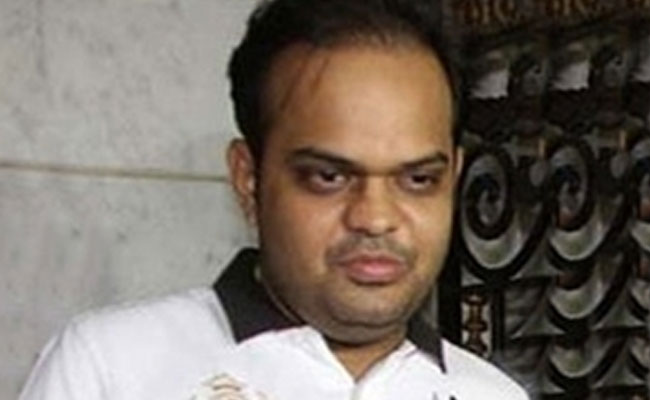A lot of Indians running Gurudwaras/temples/mosques or being in detention centers, either owing to deportation or based on criminal convictions, are not aware of a big federal relief provided to them. And that is Religious Land Use and Institutionalized Persons Act of 2000 (RLUIPA), 42 U.S.C. §§ 2000cc, a federal law which protects individuals in detentions, houses of worship, and other religious institutions from discrimination in zoning and landmarking laws. What is it?
Let us talk about a Sikh boy in a detention center. Immigration detention facilities, private or public have at times, rather most of the times forced Sikh detainees to have their hair cut. This is illegal. One of the Sikh’s religious tenets/beliefs is not cutting their hair. RLUIPA protects it–it is to include “any exercise of religion, whether, or not compelled by, or central to, a system of religious belief.” So, it is enough for the Sikh boy to say that it is part of his religion to have no hair cut. Government cannot compel him to do otherwise.
Now, another example.
If some Sikh members want to open a Gurudwara and they buy a property, say, in Richmond Hill, in an area that is primarily residential. So, the members of the Gurudwara applied for a variance, so that they could construct the building of their choice and have a religious assembly or kirtan on a regular basis. But the zoning board or related authorities deny that permit. But meanwhile, a private non-religious school nearby acquires a piece of property and has successfully got it rezoned. Here, the Gurudwara can challenge that denial of the permit. Because it violated all of the RLUIPA’s discrimination laws. RLUIA prohibits the local land authorities, the following three:
Equal Terms:
No government shall impose or implement a land use regulation in a manner that treats a religious assembly or institution on less than equal terms with a non religious assembly or institution.
Nondiscrimination:
No government shall impose or implement a land use regulation that discriminates against any assembly or institution on the bases of religion or religious denomination.
Exclusion and limits:
No government shall impose or implement a land use regulation that (a) totally excludes religious assemblies from a jurisdiction; or (b) unreasonably limits religious assemblies, institutions, or structures within a jurisdiction.
If you feel that your religious rights were violated either in a detention center or regarding city or authorities denying you permission to have a temple or Gurudwara or a mosque, then you have a case.
 (The author is a graduate of Harvard Law School, studied tax law at New York University School of Law, bankruptcy law at St. Johns University School of Law and sociology of law from the International Institute of Sociology of Law, Onati, Spain.
(The author is a graduate of Harvard Law School, studied tax law at New York University School of Law, bankruptcy law at St. Johns University School of Law and sociology of law from the International Institute of Sociology of Law, Onati, Spain.
Karam has established a name in the bankruptcy courts combating predatory lenders’ claims and lawsuits as well as defending the debtors and their family members from predatory reach of the Chapter 7 trustees. He has, against jurisdictional and statutory odds, successfully taken the cases out of the bankruptcy courts (‘withdrawal of reference’) to the District Courts for a fuller and better adjudication of the clients’ claims including those related to constitutional protection and privileges. He is regularly called upon by his colleagues in matters and issues dealing with consumer protections laws related to TILA, HOEPA, NY usury and high cost loans.
Dahiya’s special interest and expertise are federal jurisdiction and constitutional rights. He has successfully argued and obtained relief for several individuals under habeas and
mandamus writs and navigated complicated immigration matters through the agencies to the circuit courts. In addition to New York State and Federal Courts, he is also certified to practice law in the Delhi High Court and Supreme Court of India. He can be reached at karam@legalpundit.com)





What about F1 OPT Stem ext. ruling; what is DHS saying now any update